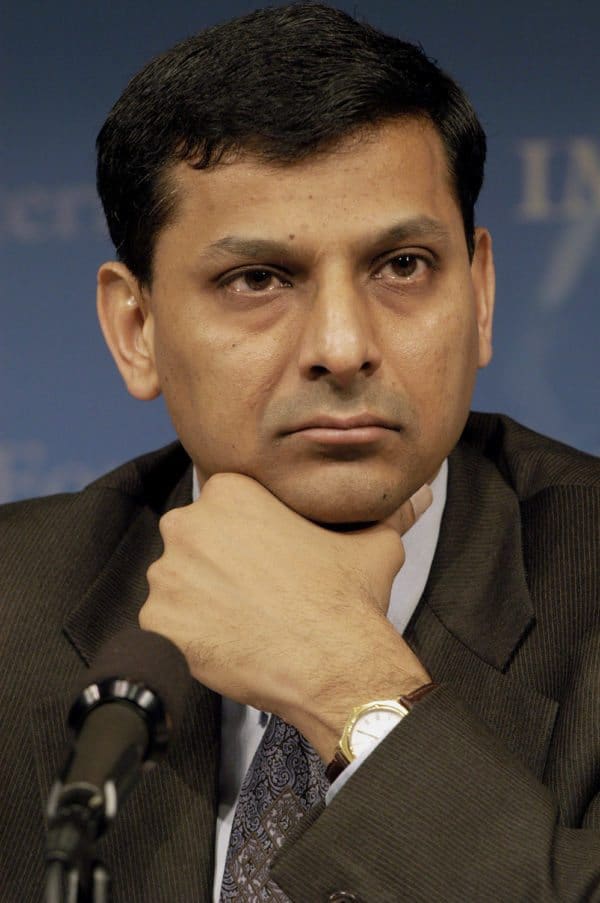Bitcoin (BTC) and the controversial Facebook-led Libra stablecoin or payments project might play a key role in a world where reserve banks are beginning to issue their own digital currencies or CBDCs, according to Raghuram Rajan, former governor at the Reserve Bank of India (RBI).
and the controversial Facebook-led Libra stablecoin or payments project might play a key role in a world where reserve banks are beginning to issue their own digital currencies or CBDCs, according to Raghuram Rajan, former governor at the Reserve Bank of India (RBI).
Rajan told CNBC that Bitcoin is still a “speculative asset” while Libra may have a legitimate use case, as it may be used for conducting real-world transactions (to pay for everyday goods and services).
Rajan stated:
“I would like to think that these private currencies are also in competition with the central bank digital currency.”
He added:
“Bitcoin is a little bit like gold, in fact, gold has some value because we value it for jewelry, but Bitcoin you can’t even do that. Nevertheless it has value because others think it has value.”
He continued:
“On the other hand, Libra is an attempt to create a currency which is used for transacting. And that, the whole idea is not to hold it as a speculative asset which increases in value … but use it for transactions. So the ultimate underlying value is going to be from the central banks, they’re going to preserve the value, not of Libra but of what Libra can be exchanged into.”
Rajan believes that different private currencies will aim to provide solutions for various use cases. He also mentions that Bitcoin might eventually become a long-term store of value, or continue to trade as merely a speculative asset. Meanwhile, Libra might focus on settling transactions or as a widely-accepted medium of exchange
Rajan goes on to question whether we should “trust” reserve banks with details on every transaction that we may perform.
He also asks:
“Should the government know (about the transactions we perform)? The beauty of the cash in our hands, is that it’s anonymous. Even if you’re not doing something illegal you don’t want the government seeing everything you do.”
While commenting on the potential use cases for private digital currencies, Rajan noted that we might have to “integrate the data” between these competing virtual currencies because we may not want “the whole thing to be Balkanized.”
He recommended:
“We need some sort of broader global rules of the game. What are countries going to do with data collected from abroad on who uses their currency? How do you make sure that the usual safeguards on that use are there? If somebody uses a foreign digital currency to buy certain services which could compromise them, can they be liable to espionage and blackmail, et cetera? And those are concerns that are not farfetched in today’s world.”
In a recent interview with Crowdfund Insider, Sky Guo, the founding member at the OMFIF Digital Monetary Institute, explained:
“If (central bank digital currencies) CBDCs are going to gain adoption and global importance, [then] … these new digital fiat systems will need to communicate with their domestic economies, with other nations, and with private cryptocurrencies, which are quickly becoming legitimate global economic factors. Today, the governments of the world use financial policy to administrate amongst each other as well as within their own nations, and CBDCs would bring this to new levels of efficacy.”

